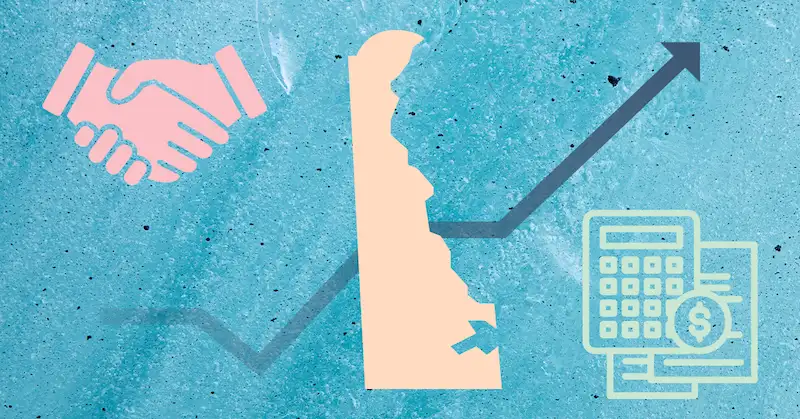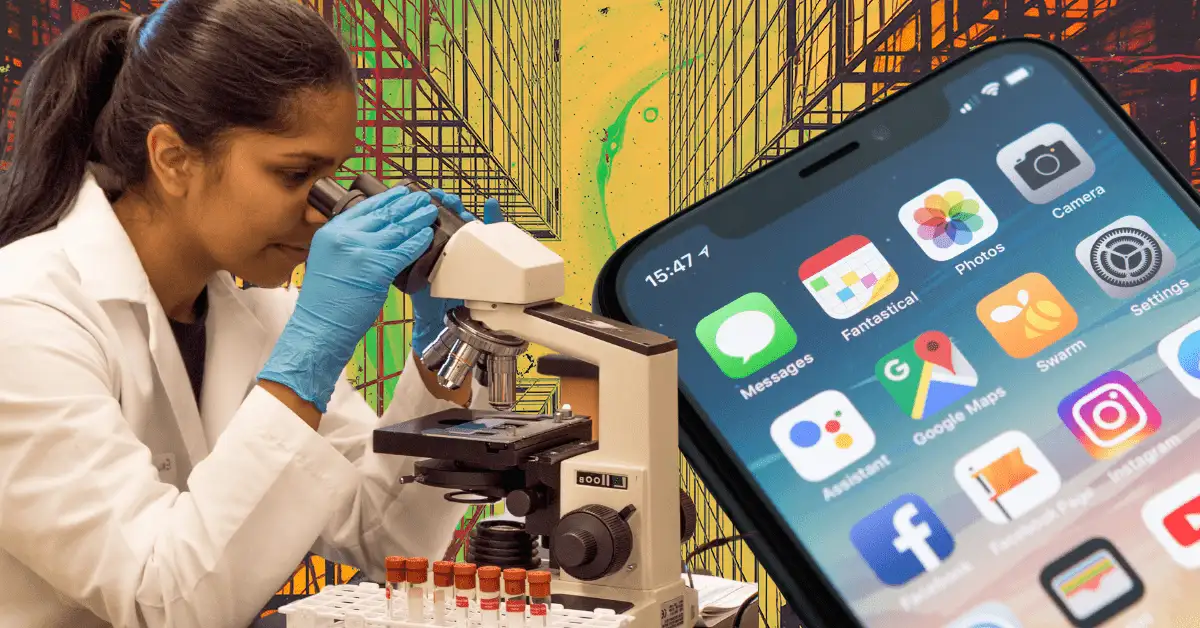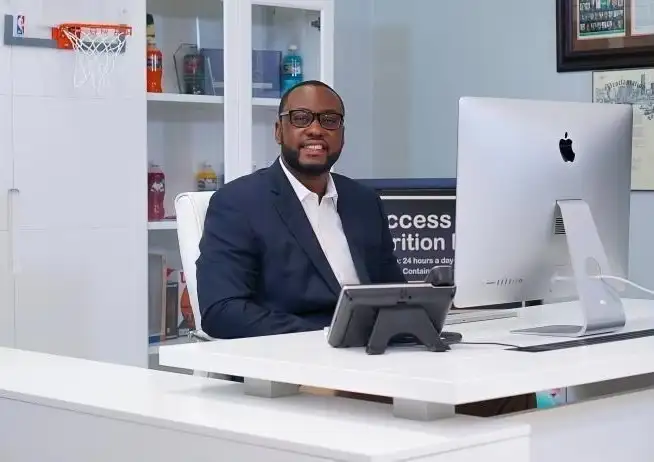It’s an issue we all deal with.

After chopping fruits and vegetables, what do you do with the waste? For many, the process is a complete mess with various plastic bins and misplaced foods.
Enter Lomi, a home composting machine that — in as little as four hours — turns food waste into nutrient-rich soil that can be used as fill for basic gardening.
No stranger to sustainability innovation
Lomi is manufactured by Pela Labs, best known for Pela Case, a sustainable phone case company with mid-8 figure annual sales.
Co-Founder & CEO of Pela Labs, Matt Bertulli tells The Hustle that Lomi’s vision is to bring “big waste management infrastructure into the home.”
Here are two prongs to the strategy:
- Technology: Lomi uses chopping and heating that mimics nature’s composting cycle. In addition to food scraps, the machine breaks down many types of bioplastics plastics into dirt.
- Functionality: By creating a compact machine for the kitchen, Lomi can be integrated into a standard kitchen routine (e.g., dishes go into dishware, food scraps go into Lomi). To maximise environmental impact, habit formation is critical.
Food waste releases significant methane…
…into the atmosphere when they decompose in landfills. Conversely, soil is a major tool for drawing down carbon.
“Our plan is to get to 10m Lomis in the world as fast as possible,” says Bertulli. “This would do roughly the same amount of work in helping with carbon capture and diversion as about 100m mature trees…every year.”
The effort begins with Lomi launching a pre-order campaign on Indiegogo, along with a list of “Lomi Approved” products.
If Bertulli is able to hit his ambitious unit targets and move millions of Lomi units, the “Lomi Approved” tagline becomes a very powerful stamp of approval.
Creating a new standard is big business
As a point of comparison, S&P Global is the leading brand for bond ratings and revenue from this line of its business exceeds $3B a year.
With 96% of the world’s biggest companies reporting on sustainability, there is a similar need for a widely followed ratings standards.
A number of players — including S&P Global itself — offer some form of ESG rating, but Bertulli believes a bottoms-up approach from consumers can win the day.
“We test countless items in our labs,” says Bertulli, who is based in Kelowna, BC. “Over time, I believe consumers will demand a Lomi Approved certification to make sure products meet high sustainability standards.”










